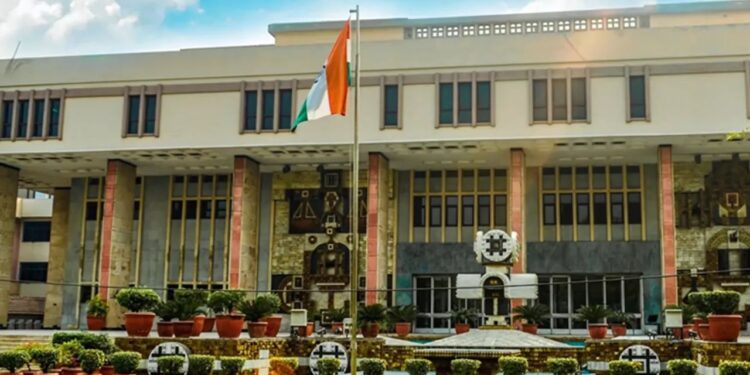The Delhi High Court’s order also reflects the growing scrutiny and responsibility that digital platforms and media houses face in managing content that could harm individuals’ reputations. With the increasing influence of social media and online publications, the case emphasizes the need for responsible reporting and careful handling of sensitive issues, especially when it involves personal and professional lives.
The Court’s strong stance on removing defamatory content underscores the importance of maintaining a balance between freedom of speech and the protection of individuals from baseless attacks that can tarnish their reputation. The fact that the Court directed Twitter to remove the tweets and other media platforms to take down articles from their websites highlights the legal implications of posting unverified or harmful statements in the public domain.
Moreover, the ruling also sets a precedent for future defamation cases, particularly in the digital space. In today’s world, where online content has a far-reaching impact, individuals and organizations need to be more cautious about the kind of statements they make publicly. False or malicious claims can not only lead to legal consequences but also cause long-lasting harm to an individual’s career and personal life.
The case further demonstrates the Court’s awareness of the psychological and social impact that defamation can have, particularly when it is amplified by media coverage. By granting Maheshwari interim relief, the Court has prioritized his right to safeguard his reputation, sending a clear message that defamatory content, once proven baseless, will not be tolerated.
The involvement of multiple media houses and digital platforms, including Google LLC and HT Media Ltd., also highlights the complexity of modern defamation cases, where numerous parties may be responsible for spreading defamatory content. In this context, the Court’s decision to involve these platforms and ensure the removal of harmful content from their archives sets a crucial precedent for holding digital platforms accountable for the content they host.
Looking ahead, the case may prompt further legal developments on the responsibility of social media platforms, news outlets, and other online entities to ensure that their content does not defame or harm individuals. This could lead to more stringent regulations and legal frameworks around defamation in the digital age, where public statements can spread quickly and have lasting consequences.
In the meantime, the February 2025 hearing will likely provide more insight into how the Court will approach this case moving forward and whether it will offer additional guidance on handling similar cases involving digital content. The outcome of this case could set important legal precedents for how courts handle online defamation, balancing the right to free speech with the protection of individuals’ reputations.

















